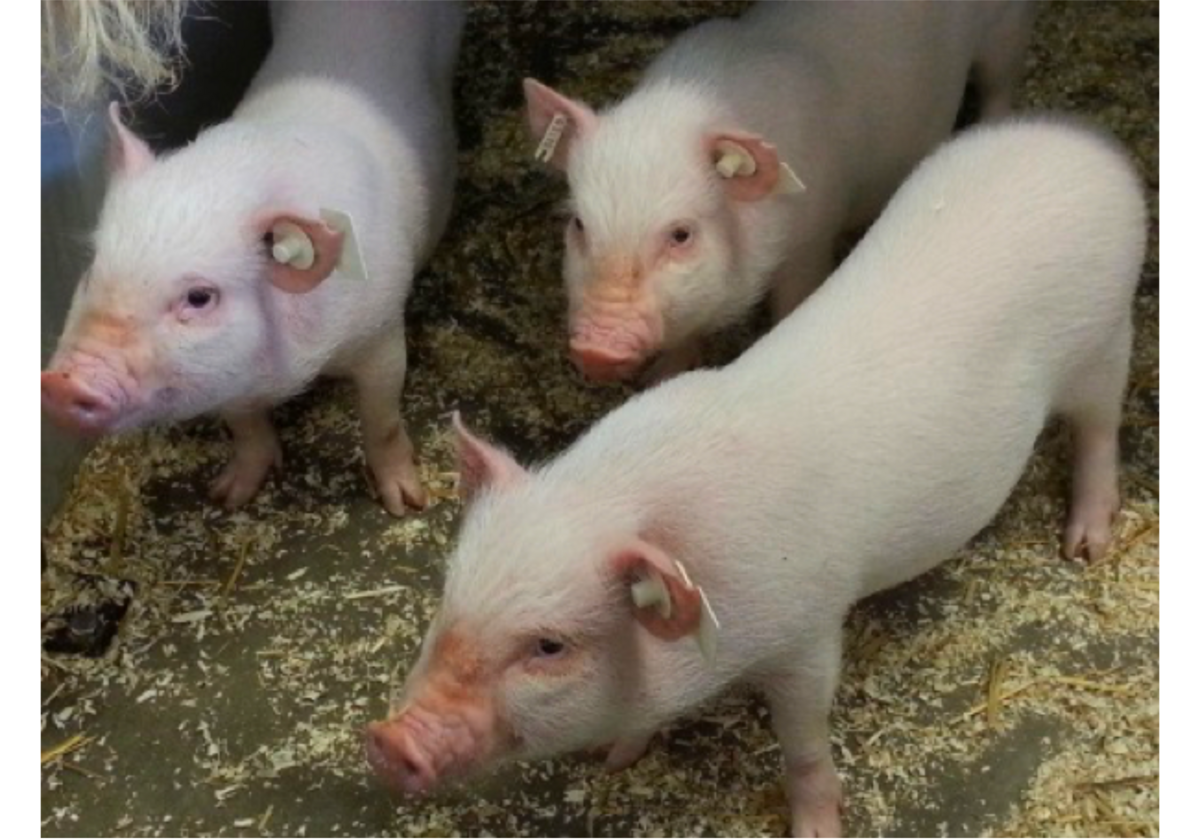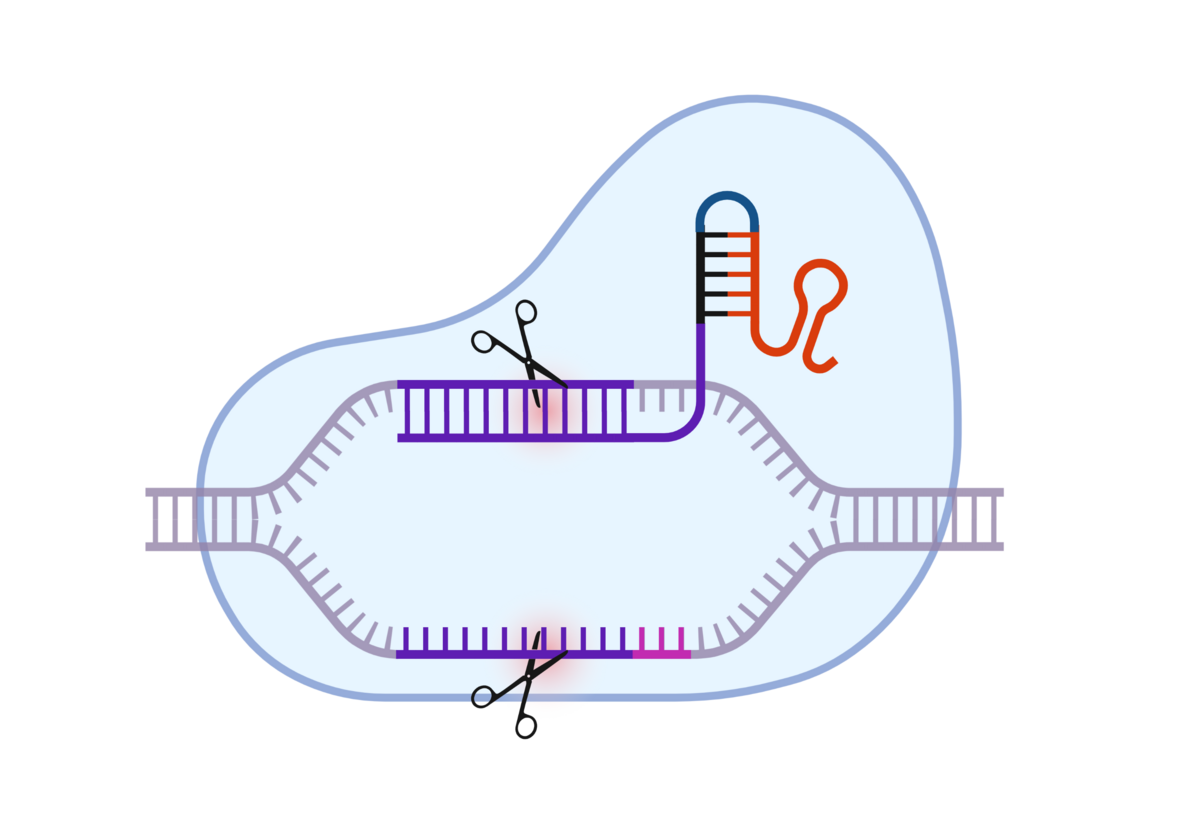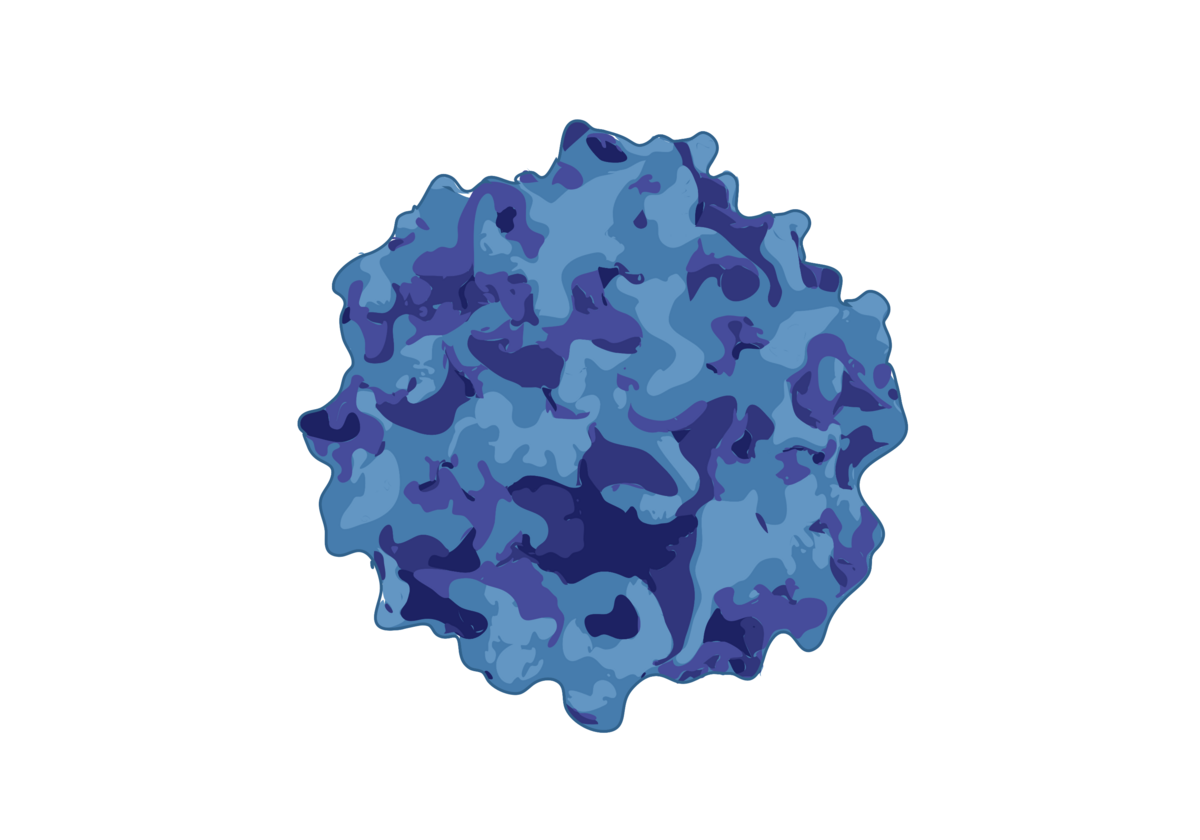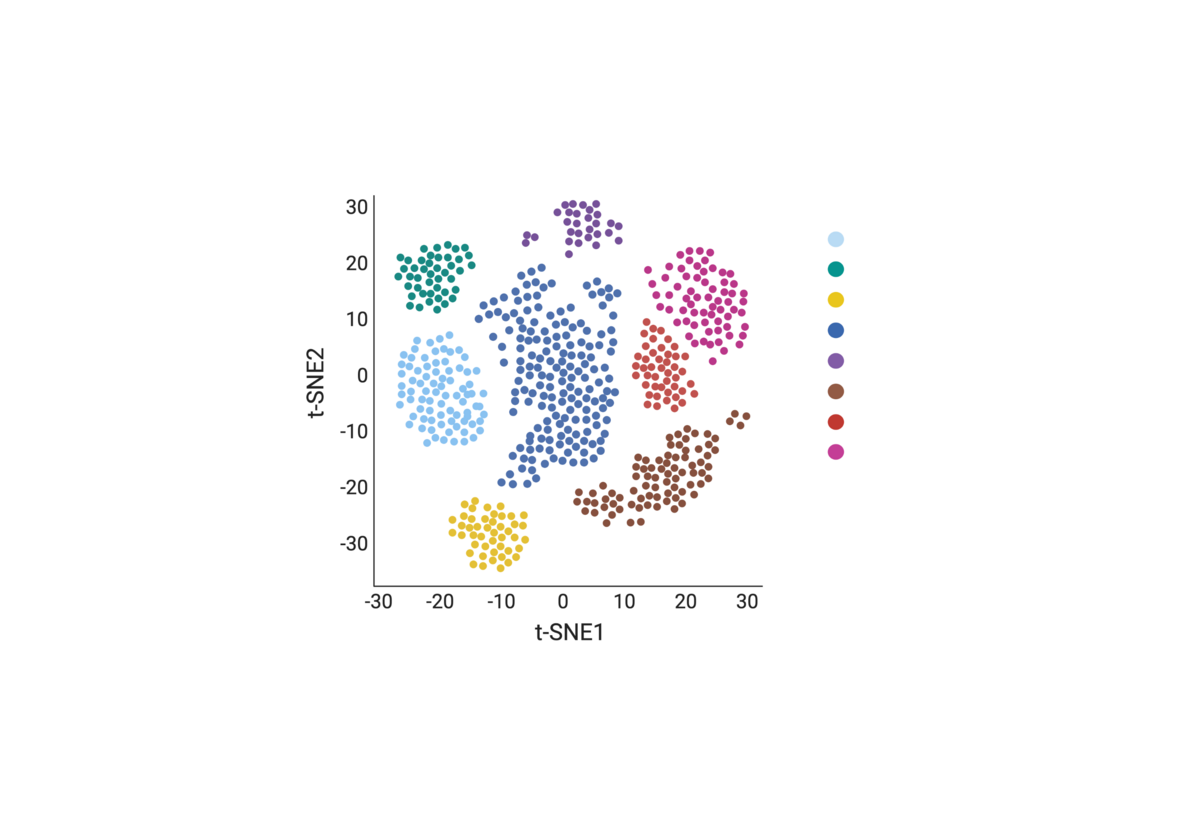Research Areas
Degenerative diseases i.e., diabetes, neurodegenerative diseases, organ failure etc., have emerged as the biggest health problems to our aging world. Applied biotechnologies with an attempt for developing regenerative medicines have gained the fastest growth over the last decade. These essential biotechnologies include the discovery of generating induced pluripotent stem cells from adult somatic cells, the emerging of DNA nucleases (e.g., TALENs, CRISPR/Cas9) mediated targeted genome editing in a wide range of somatic cells and organisms, the development of biologically compatible nanomaterials, the improvement of animal engineering, the advances in preclinical assessment and arising single cell and spatial sequencing technologies. In our group, we focusing on the development, improvement and integration of these biotechnologies for developing better treatments for patients. To achieve this, we establish the Danish Regenerative Engineering Alliance for Medicine (DREAM) team, aiming to create a research and innovation platform, through which we can share our outstanding resources, establish close collaborations, enhance communications, educate future talents, and together we generative regenerative solutions for medical problems. Specifically, we are focusing on (1) Development and improvement of applied genome technologies; (2) Deciphering disease (diabetes complicates and cancers) mechanisms using advanced transcriptomics/genomics technologies and AI; (3) Developing novel and effective treatments for inherited human diseases, i.e., Duchenne Muscular Dystrophy (DMD) through CRISPR gene editing and stem cell technologies; (4) Developing next generation genetically modified pigs for organ transplantation
Genetically modified pigs for medicine

We develop genetically modified pigs for biomedical research and medicine, including:
- Genetically tailored pig models for human diseases - for the development of new treatments.
- Particularly, genetically modified pigs for organ transplantation, also known as xenotransplantation.
Precision Genome/Epigenome Editing Technologies

We are developping CRISPR and non-CRISPR based precision genome/epigenome editing technologies, i.e.,
- CRISPR-mediated gene knockout or knockin
- CRISPR-mediated targeted DNA methylation
- CRISPR-mediated gene interference or activation
- Improvement of CRISPR design and specificity by deep learning
- CRISPR base editing
- Prime editing
- Development of new gene editing tools
Gene Therapy

We develop CRISPR and stem cell-based therapy of inherited diseases:
- Duchenne Muscular Dystrophy
-
Acute Myeloid Leukemia
-
Type 1 diabetes
Single Cell and Spatial Sequencing

We apply next generation sequencing, single cell RNA/DNA sequencing, spatial transcriptomics and advanced bioinformatics to gain novel insights into:
- The heterogeneity of cells in health and diseases
- The molecular and metabolic reprogramming of cells in development and disease progression
- The regulation of gene expression
- The interaction between cell types
- The molecular and cellular mechanisms of human diseases, i.e. diabetes complications